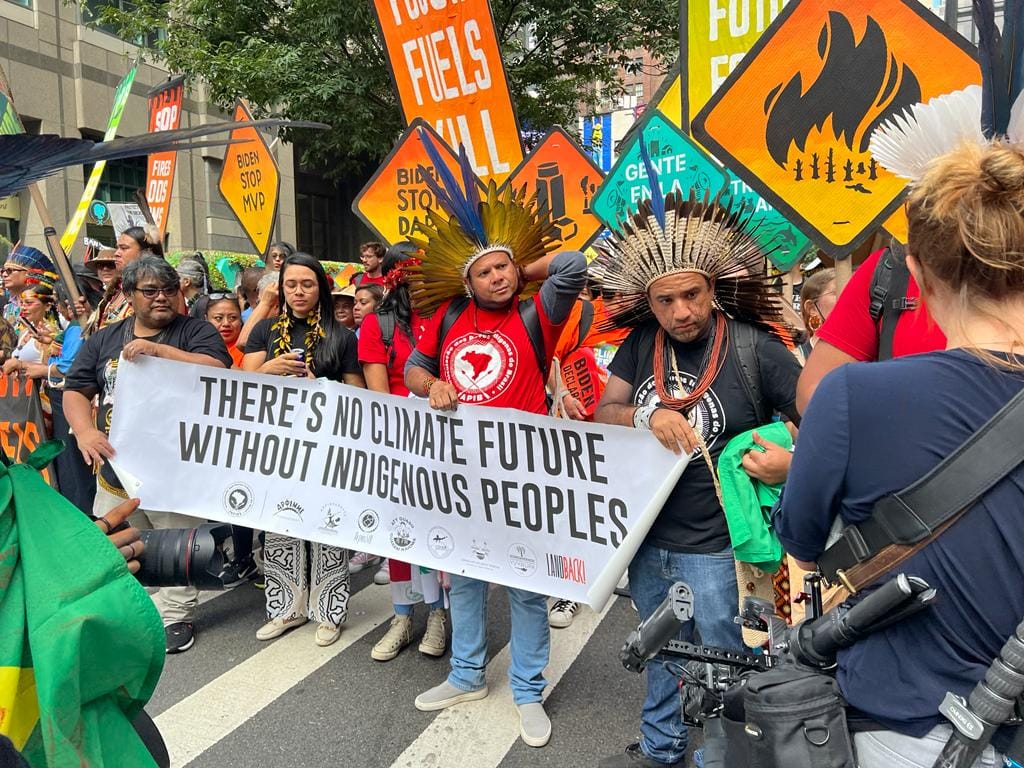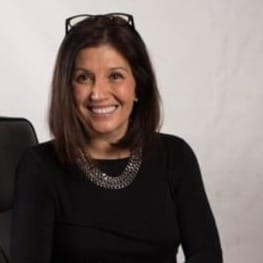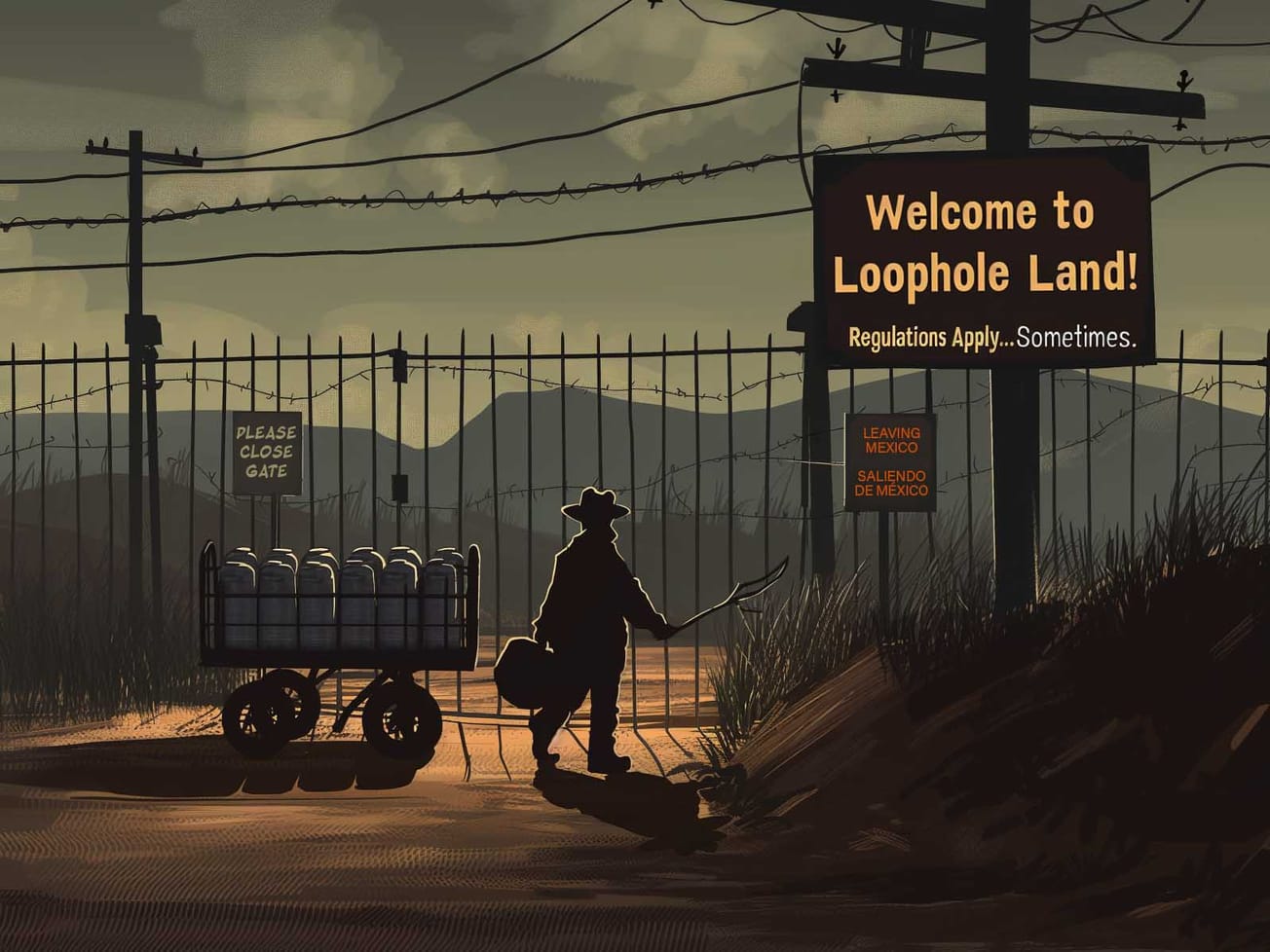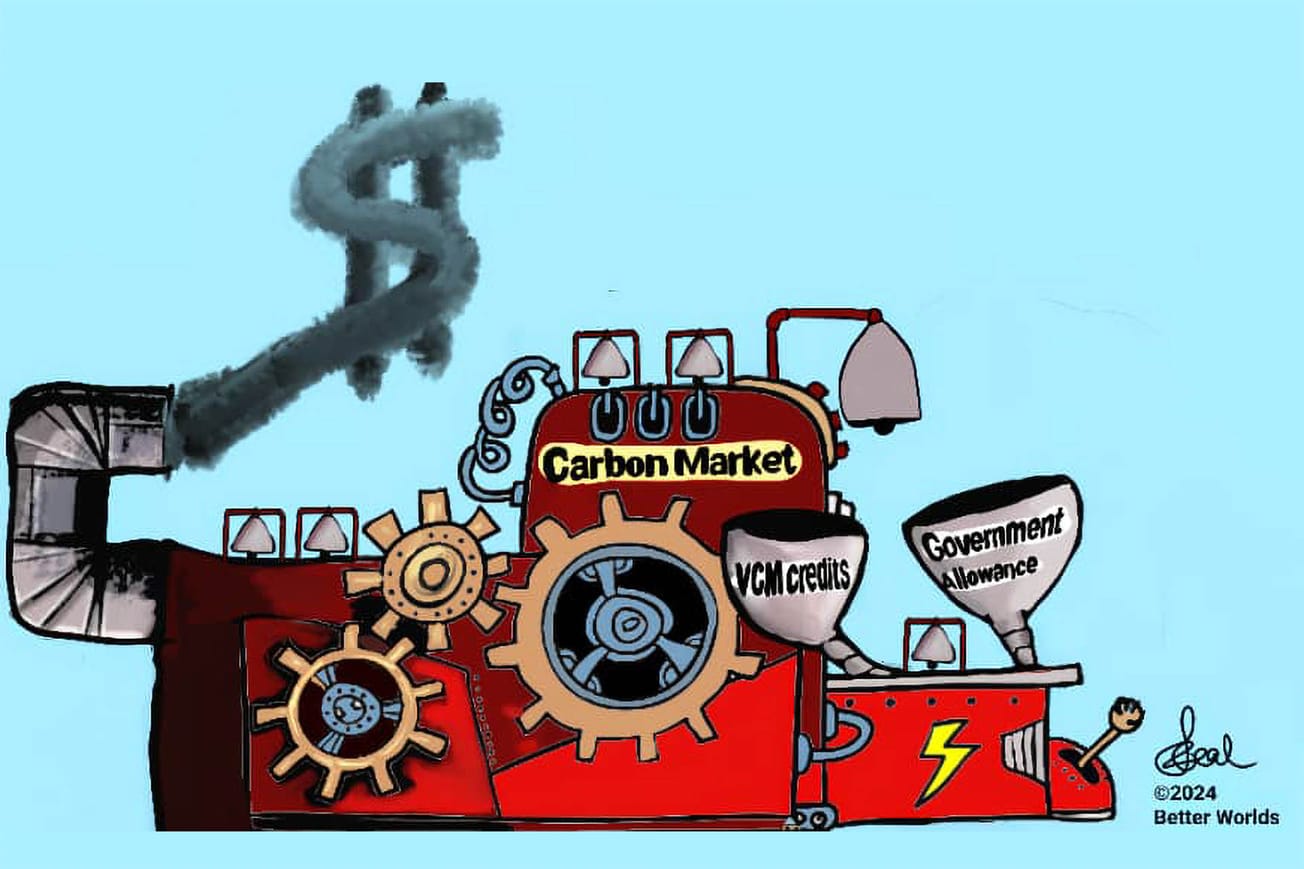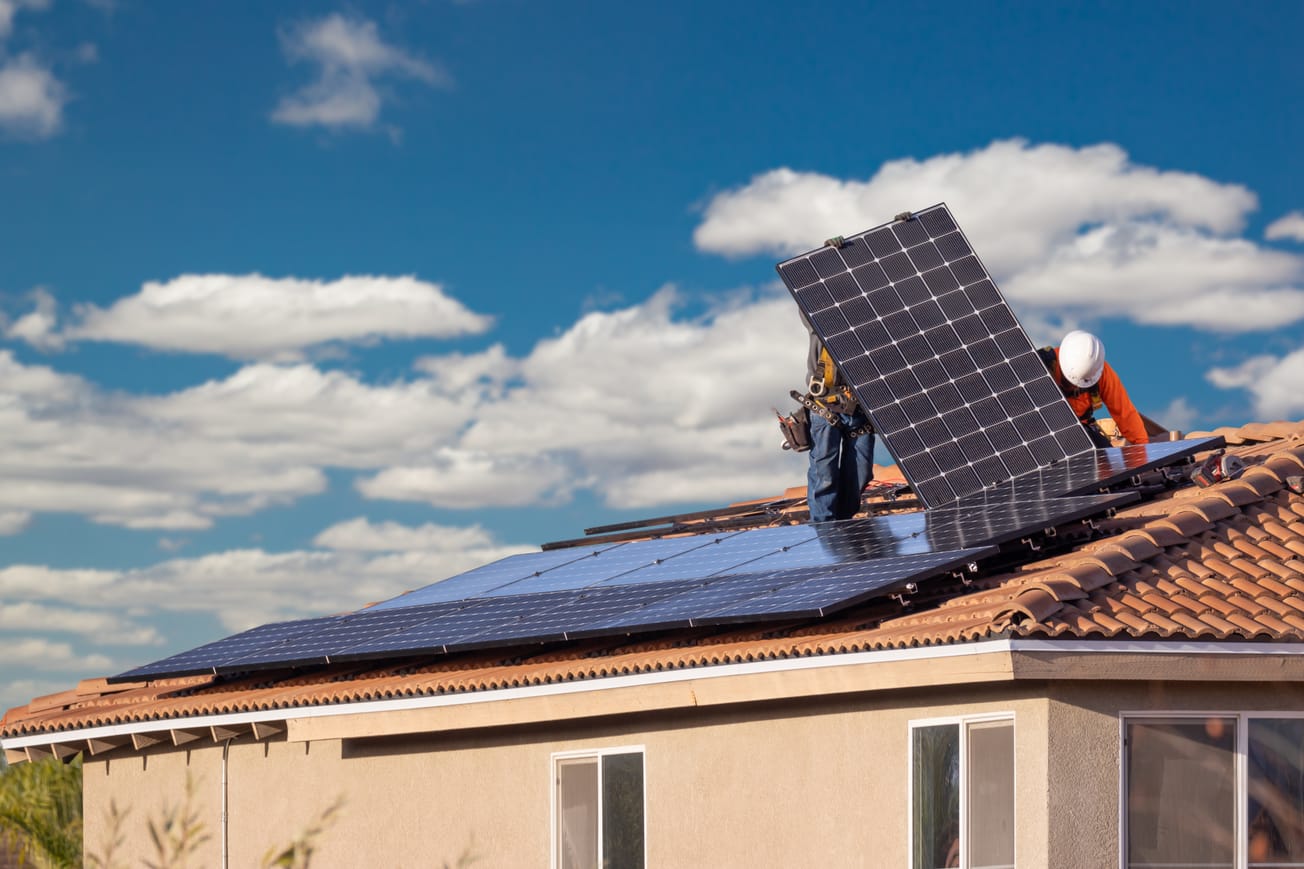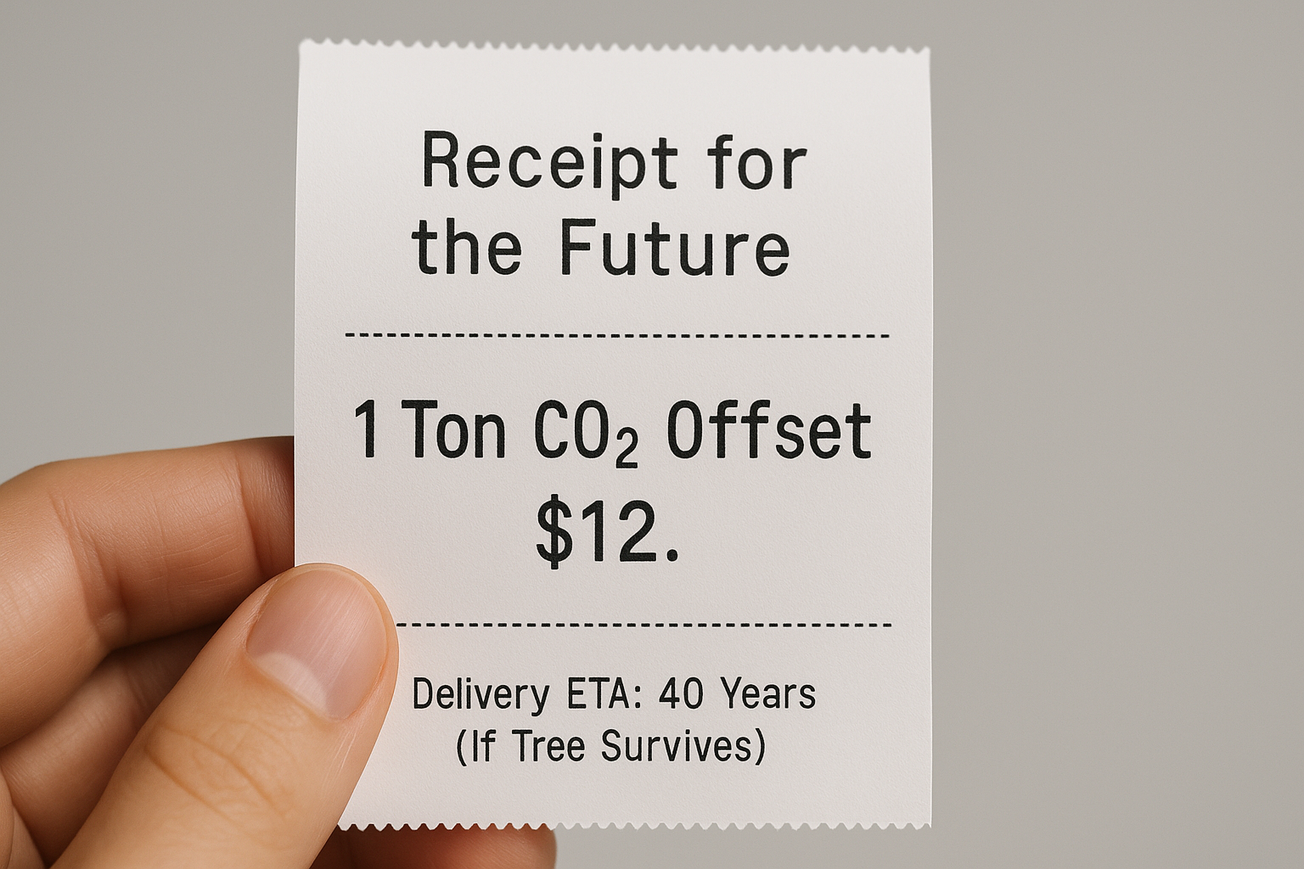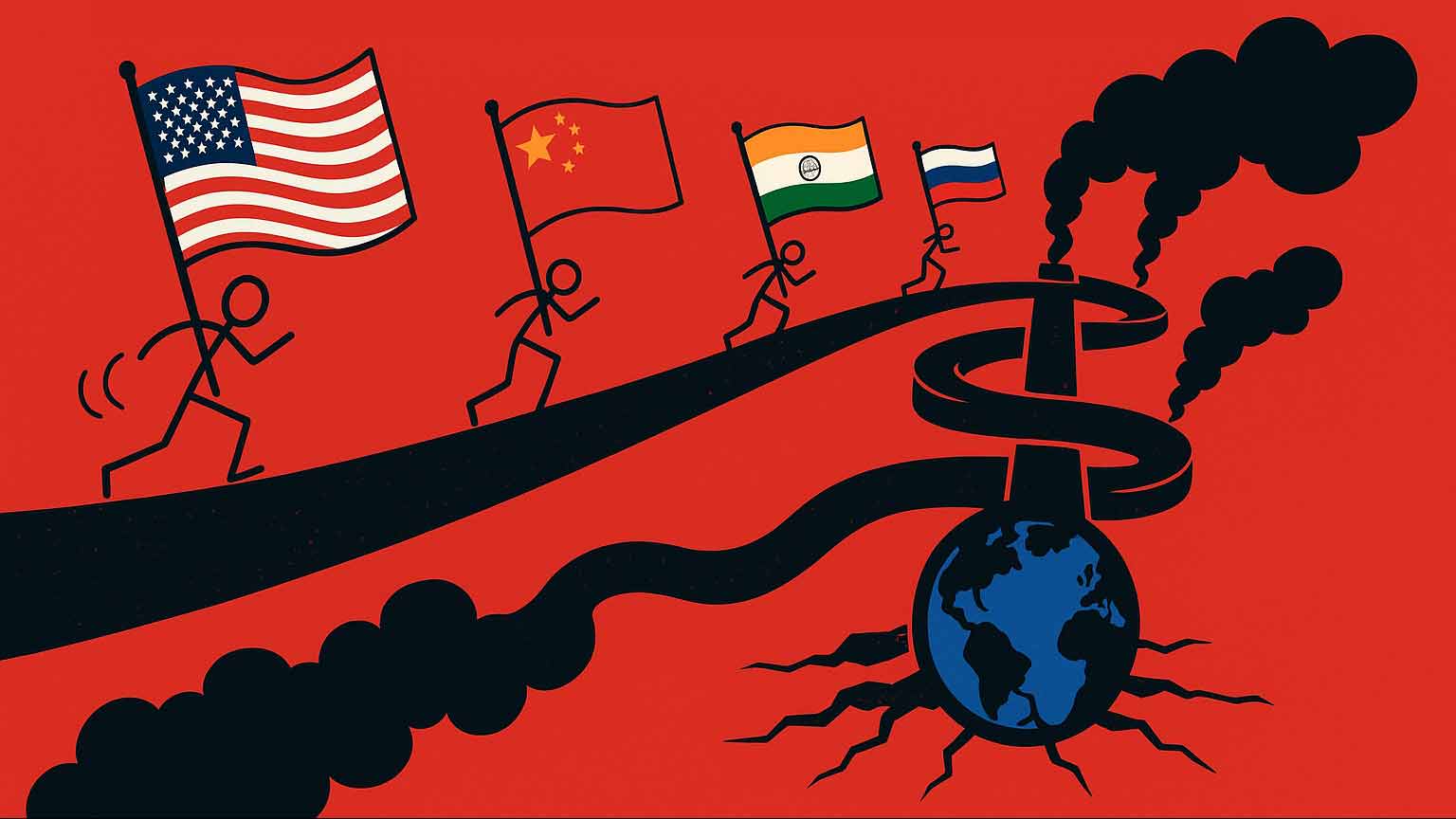Climate Week sparks significant business activity, connecting global leaders, businesses, and a myriad of players in finance. It's truly the hub for climate finance, policy discussions, and networking, especially between the public and private sectors. It is fair to assert that Climate Week helps foster billions of dollars in deals related to climate investments, including opportunities to secure financing for green projects, technology development, and sustainable infrastructure across the globe. The event also acts as a catalyst for collaborations, with businesses using the platform to promote their green initiatives, network, and secure partnerships that can lead to substantial financial returns.
The overall impact is extensive, influencing not just immediate financial transactions but also longer-term investments in climate-related technologies and policies. Of great interest is how Article Six of the Paris Agreement will impact the business of carbon markets.
But where are Indigenous Peoples of Manhattan then and now represented at Climate Week?
There is an abundance - if not overwhelming amount - of buzz, hype, and high-priced events being held this week in Manhattan in the name of climate, yet it requires some down to earth grounding past the spectacular high rises, past the concrete to the original land and its people - the Lenape who are also known as the Delaware. As the original Indigenous People who made this land their home since time immemorial, where are they are today?
The majority of Lenape no longer make Manhattan, New York City, or the surrounding area their home. In fact, there are only two federally recognized Delaware tribes in the United States - both now in Oklahoma which is more than 1,400 miles away. Why?
Since the Dutch first came to their lands in the 1600’s, the Lenape were faced with land theft under the guise of a treaty. In exchange for beads and trinkets, they were expected to only share their land, not to relinquish it forever. However, the agreement led to loss of their lands, forcing the Lenape to move westward again and again until their forced migration ended in Oklahoma.
With great irony, we are faced with the original Lenape homelands being the host site to the global megafest of climate deals. There is a particular focus on the Amazon and Global South where Indigenous Peoples maintain the world’s remaining intact areas of biodiverse. And I ask again - where is the presence of Indigenous Peoples at Climate Week?
Indigenous Peoples may have been in attendance and even on stages or workshops during Climate Week, but their presence has been to assert Indigenous rights to ensure the business of carbon and biodiversity do not encroach on Indigenous lands further. The proverbial genie of land exploitation cannot go back in the bottle and Indigenous rights must be respected. That said, were Indigenous Peoples in New York to announce business deals?
Do look at each company and corporations announcing much lauded deals at Climate Week. Check their websites and look for Indigenous Peoples inside each entity. Take time to research and see if Indigenous Peoples are talked about instead of operationally involved or actually working with companies in the business of climate.
As a First Nations climate solutions professional from Canada, I approach business and the rapidly scaling climate industry with a distinct Indigenous lens. Having been involved in clean technology since 2016, I have learned how Indigenous Peoples are all too often relegated as mere stakeholders while watching non-Indigenous project developers and businesses like engineering, project management, construction firms, and finance being in control on their Indigenous lands.
The usual practice is to wave local labor positions as an economic boom for Indigenous Peoples, but these jobs do not have the value as is often represented through public relations efforts promoting them as success stories.
Subsistence wages for short-term, untrained jobs are hardly the boom the industry wants you to believe they are, especially when there can be millions of dollars bypassing the Indigenous nation and exiting their lands through non-Indigenous business and non-Indigenous ownership of projects sited and operating on Indigenous lands. The beads and trinkets that the Lenape were paid hundreds of years ago can be equated to the paltry payments of short-term jobs only to serve others to generate wealth on Indigenous lands - be that in the Global North or Global South.
Unfortunately, we do not have a meaningful presence of Indigenous Peoples in nature tech, nature finance, or the vast corporate entities and financial institutions that are making wealth on Indigenous lands with far too many Indigenous Peoples - especially in the Global South - relegated to labor only positions to suit the “stewards of the land” narrative that imposes a limiting stereotype on Indigenous Peoples. This elitist approach by nature tech companies that often erroneously believe only those with post-secondary degrees can do the work of data collection and analysis in the Global South is wrong.
With all hands-on deck needed to address our climate worldwide, we must have a chat about the seating on the ship’s deck. We do not want this ship to sink like the infamous Titanic, but as Indigenous peoples we also must not be relegated to the lower decks while the upper class enjoy the evening deck breezes.
Not only is the seating on the ship up for discussion, we must address meaningful participation, leadership and ownership in all aspects of the climate industry including regulatory and technical sectors and ensure we do not further entrench privileged and elite class mentality and structure.
Indigenous Peoples hold collective rights to their lands that supersede nation-state boundaries and these rights are internationally recognized. Also of great importance are the right of Indigenous Peoples to Free Prior and Informed Consent (often referred to as FPIC) which imposes a duty to obtain consent from Indigenous Peoples for any activities on their lands.
With nation-states still debating the implementation of Article Six of the Paris Agreement there are significant concerns that Indigenous Peoples and their lands will face land grabs. Could we see more bead and trinket payments? Are Indigenous lands at risk of land theft or outright forceful expropriation in the name of climate?
We have an opportunity to change our relationship with our climate. Changing our relationship with Indigenous Peoples is equally important to ensure we no longer have to ask where Indigenous Peoples are when we are on their land, just as we see in Manhattan today.


